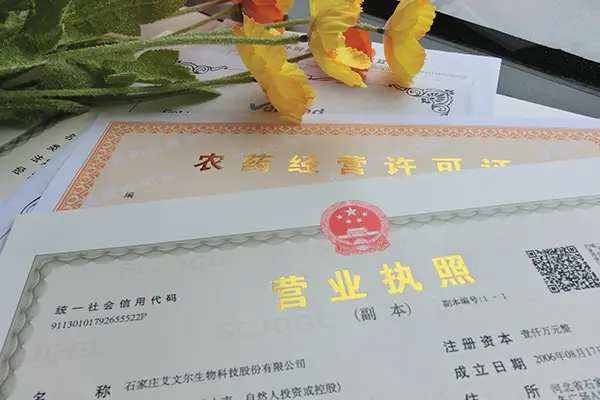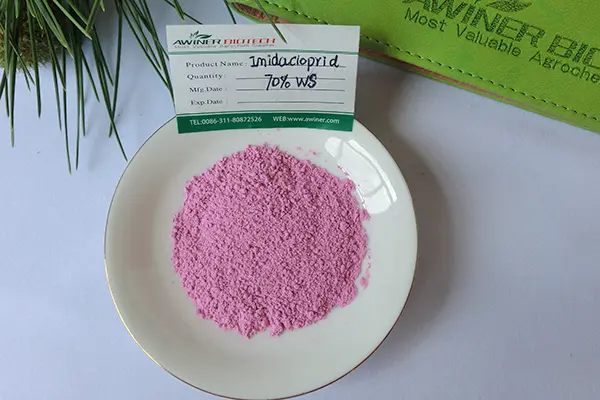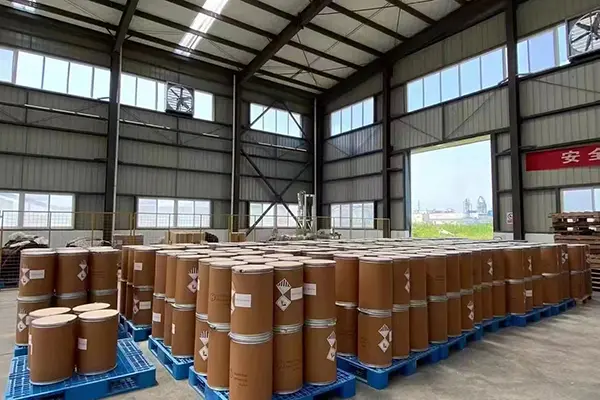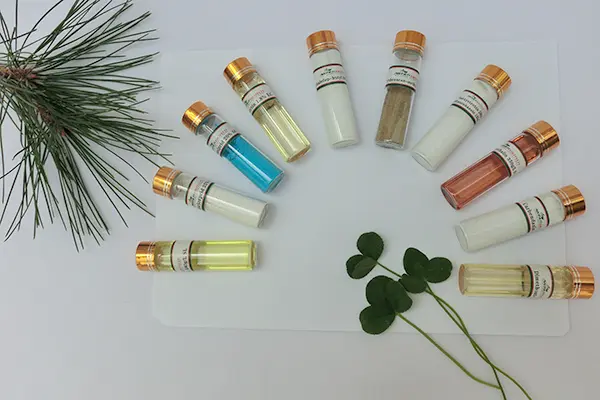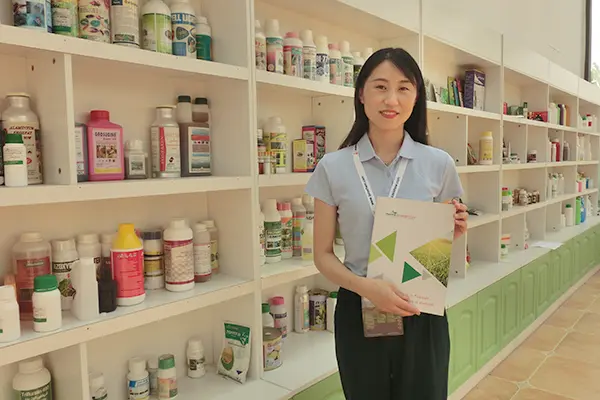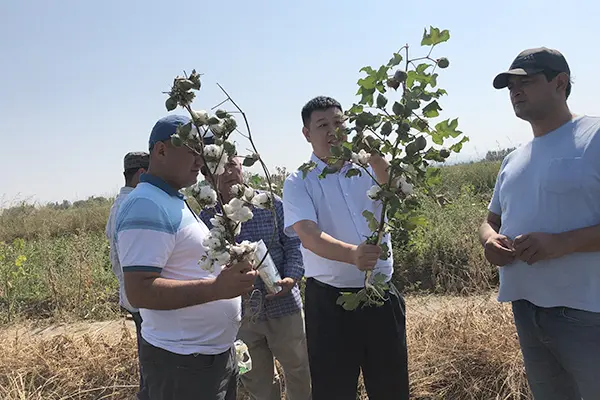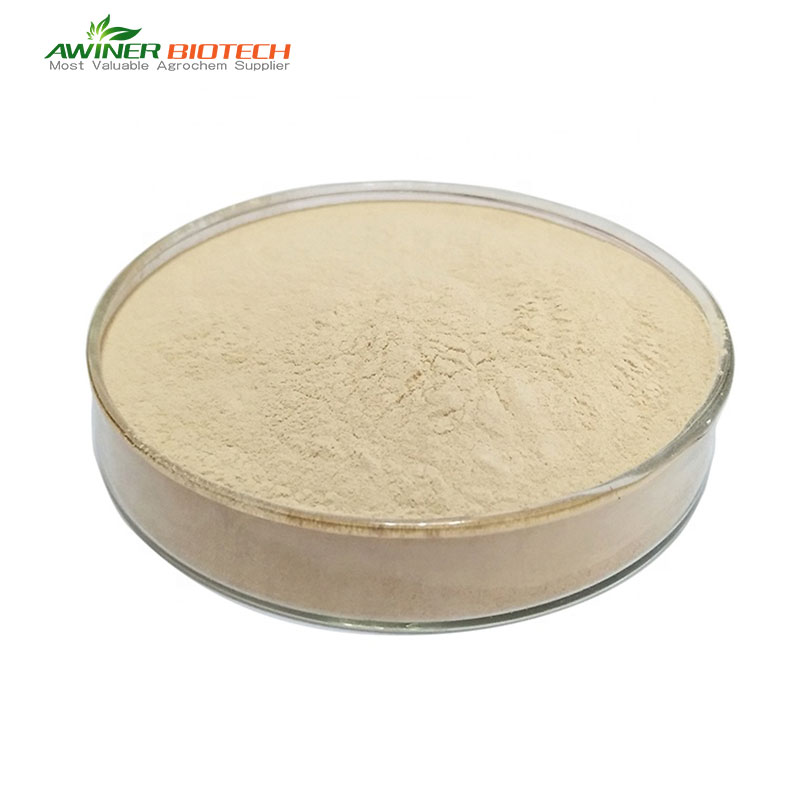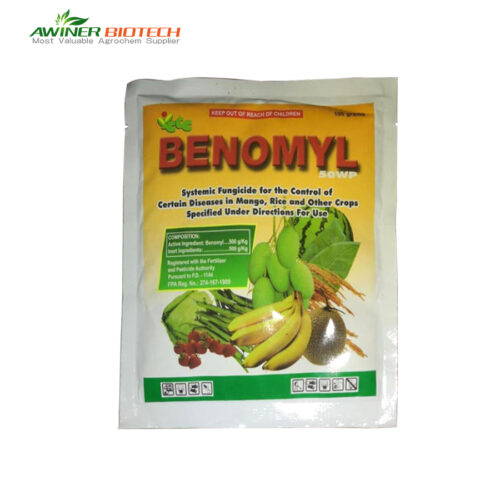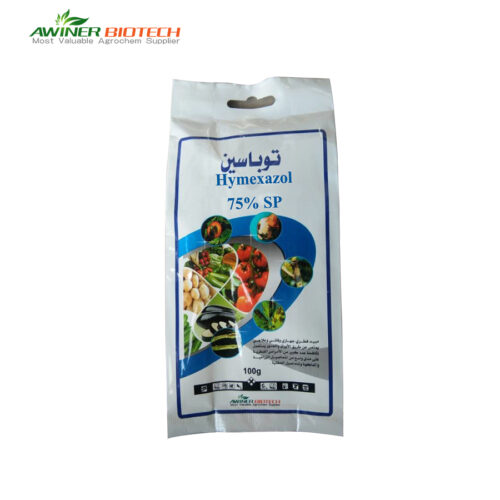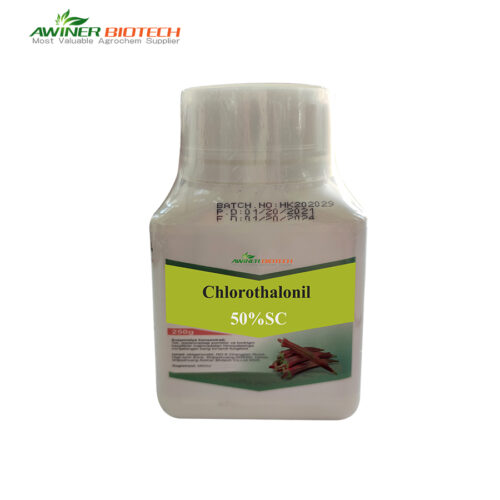Bacillus subtilis |
|
| Formulation | 1 × 10^8 到 1 × 10^10 CFU/g |
| Packing | Liquid:50ml、100ml、250ml、500ml、1L、5L、10L、20L Solid:10g、50g、100g、250g、500g、1kg、5kg、10kg、25kg |
| Crops | Wheat 、Rice |
| Certification | SGS、 ISO 、BV |
| Delivery time | 20-30 days |
| Payment terms |  |
Bacillus subtilis is also widely used in feed. It has strong protease, lipase and amylase activities. It can promote the degradation of nutrients in feed, allowing aquatic animals to absorb and utilize feed more fully.
Application scope of Bacillus subtilis
Aquaculture
Bacillus subtilis has a strong inhibitory effect on harmful microorganisms such as Vibrio, Escherichia coli and baculovirus in aquaculture. Because it can secrete a large amount of chitinase, decompose toxic and harmful substances in the breeding pond, and purify the water quality. At the same time, it can also decompose residual bait, feces, organic matter, etc. in the pool, and has a strong effect on cleaning small particles of garbage in the water.
It is also widely used in feed. This pesticide has strong protease, lipase and amylase activities. It can promote the degradation of nutrients in feed, allowing aquatic animals to absorb and utilize feed more fully.
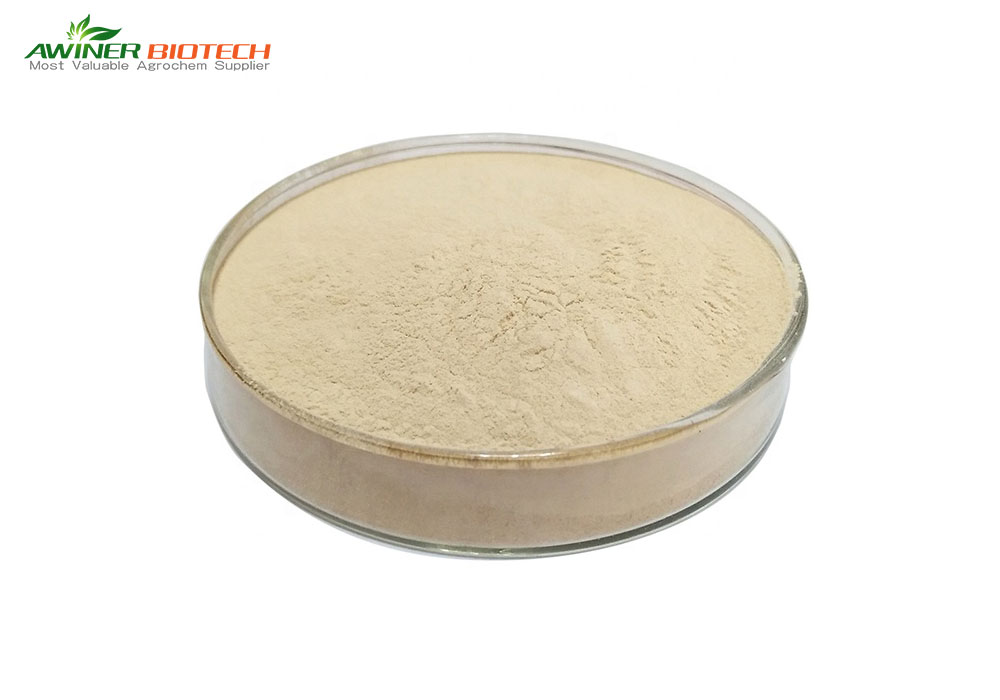 |
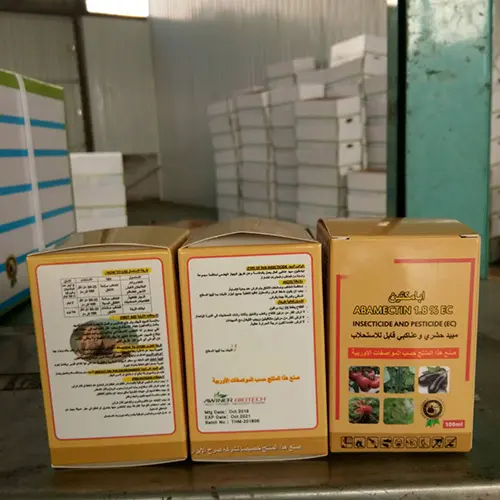 |
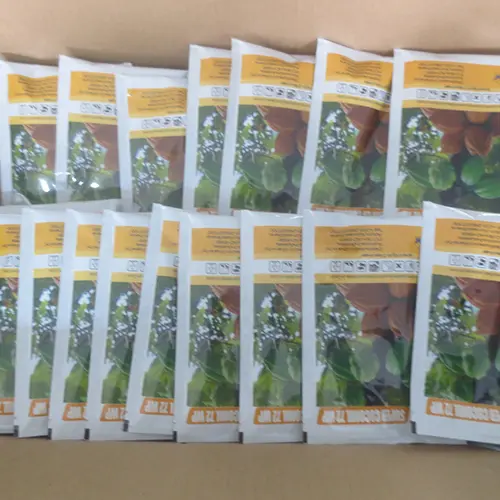 |
 |
Bacillus subtilis can reduce the occurrence of shrimp diseases. Shrimp production can be greatly increased, thereby improving economic benefits. Bio-environmental protection, stimulates the development of immune organs of aquatic animals. Enhance the body’s immunity. In addition, it can reduce the occurrence of shrimp diseases and significantly increase shrimp production. Thereby improving economic benefits, purifying water quality, no pollution and no residue.
Plant disease resistance
It occurs through successful colonization into the rhizosphere, body surface, or body of plants. Competes with pathogenic bacteria for nutrients around the plant. Secrete antibacterial substances to inhibit the growth of pathogenic bacteria. At the same time, the plant defense system is induced to resist the invasion of pathogenic bacteria, thereby achieving the purpose of biocontrol.
Bacillus subtilis can mainly inhibit a variety of plant diseases caused by plant pathogenic bacteria such as filamentous fungi. Such as rice sheath blight, rice blast, wheat sheath blight, and legume root rot in grain crops. Vegetable diseases include tomato leaf disease, downy mildew, eggplant gray mold and powdery mildew, pepper blight, etc.
Bacillus subtilis can also control a variety of postharvest fruit diseases such as apple mold core, citrus penicillium, black spot, canker, and golden pear fruit rot. In addition, Bacillus subtilis also has a good control effect on poplar canker, rot, cotton blight, and fusarium wilt.
<About Awiner Biotech>
